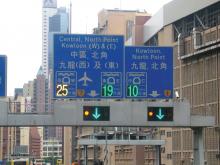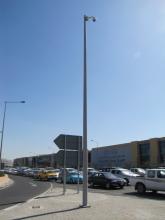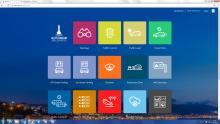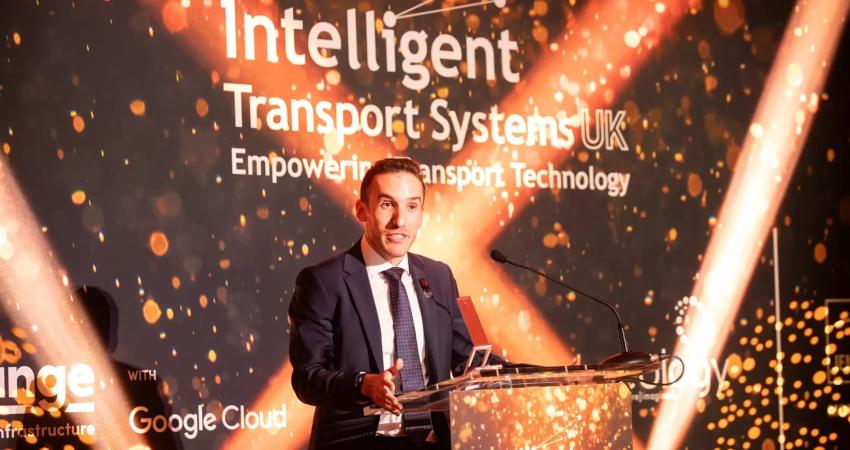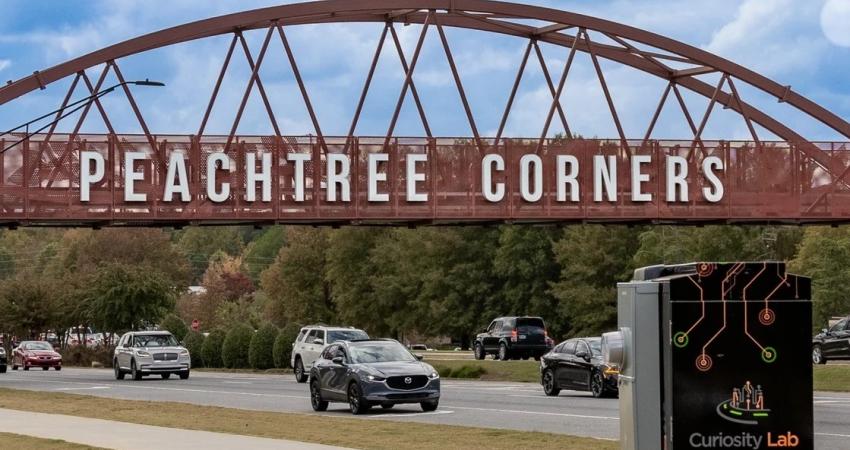Thailand’s Ministry of Science and Technology (MOST) has launched a new intelligent transportation project to manage and improve the country’s traffic system. Announcing the project, called Smart Thailand via Intelligent Transport System Empowered by MOST, MOST minister Worawat Uea-apinyakul said that current technology helps facilitate better traffic and reduce cost. “Many intelligent transport systems (ITS) effectively solve traffic problems, reduce accidents, and help preserve the environment in several
Thailand’s Ministry of Science and Technology (MOST) has launched a new intelligent transportation project to manage and improve the country’s traffic system.
Announcing the project, called Smart Thailand via Intelligent Transport System Empowered by MOST, MOST minister Worawat Uea-apinyakul said that current technology helps facilitate better traffic and reduce cost. “Many intelligent transport systems (ITS) effectively solve traffic problems, reduce accidents, and help preserve the environment in several countries,” he said.
Under the ITS system, all cars will be equipped with a sensor installed that would transmit real-time data on their location to the control centre at the Ministry of Transport for analysis combined with data from CCTV cameras in Bangkok. The data will be transmitted to the traffic police and to drivers via in-car navigation devices or a mobile app, enabling commuters to avoid congestion and plan their journey more effectively.
According to Uea-apinyakul, installation of the system is expected to begin within six months, beginning with Bangkok, and the entire system will be fully implemented before 2015.
Announcing the project, called Smart Thailand via Intelligent Transport System Empowered by MOST, MOST minister Worawat Uea-apinyakul said that current technology helps facilitate better traffic and reduce cost. “Many intelligent transport systems (ITS) effectively solve traffic problems, reduce accidents, and help preserve the environment in several countries,” he said.
Under the ITS system, all cars will be equipped with a sensor installed that would transmit real-time data on their location to the control centre at the Ministry of Transport for analysis combined with data from CCTV cameras in Bangkok. The data will be transmitted to the traffic police and to drivers via in-car navigation devices or a mobile app, enabling commuters to avoid congestion and plan their journey more effectively.
According to Uea-apinyakul, installation of the system is expected to begin within six months, beginning with Bangkok, and the entire system will be fully implemented before 2015.

